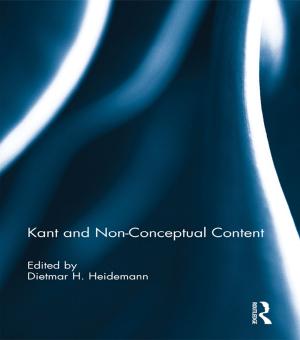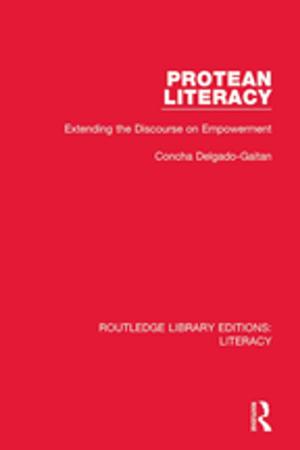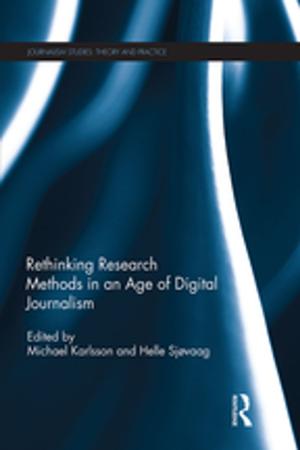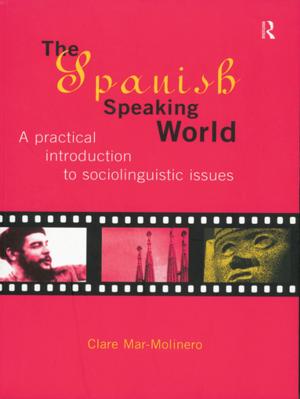Judgment and Decision Making
Neo-brunswikian and Process-tracing Approaches
Nonfiction, Health & Well Being, Psychology, Cognitive Psychology| Author: | ISBN: | 9781135668723 | |
| Publisher: | Taylor and Francis | Publication: | September 26, 2007 |
| Imprint: | Psychology Press | Language: | English |
| Author: | |
| ISBN: | 9781135668723 |
| Publisher: | Taylor and Francis |
| Publication: | September 26, 2007 |
| Imprint: | Psychology Press |
| Language: | English |
Research on human judgment and decision making has been strongly guided by a normative/descriptive approach, according to which human decision making is compared to the normative models provided by decision theory, statistics, and the probability calculus. A common empirical finding has been that human behavior deviates from the prescriptions by normative models--that judgments and decisions are subject to cognitive biases.
It is interesting to note that Swedish research on judgment and decision making made an early departure from this dominating mainstream tradition, albeit in two different ways. The Neo-Brunswikian research highlights the relationship between the laboratory task and the adaptation to a natural environment. The process-tracing approach attempts to identify the cognitive processes before, during, and after a decision. This volume summarizes current Swedish research on judgment and decision making, covering topics, such as dynamic decision making, confidence research, the search for dominance structures and differentiation, and social decision making.
Research on human judgment and decision making has been strongly guided by a normative/descriptive approach, according to which human decision making is compared to the normative models provided by decision theory, statistics, and the probability calculus. A common empirical finding has been that human behavior deviates from the prescriptions by normative models--that judgments and decisions are subject to cognitive biases.
It is interesting to note that Swedish research on judgment and decision making made an early departure from this dominating mainstream tradition, albeit in two different ways. The Neo-Brunswikian research highlights the relationship between the laboratory task and the adaptation to a natural environment. The process-tracing approach attempts to identify the cognitive processes before, during, and after a decision. This volume summarizes current Swedish research on judgment and decision making, covering topics, such as dynamic decision making, confidence research, the search for dominance structures and differentiation, and social decision making.















